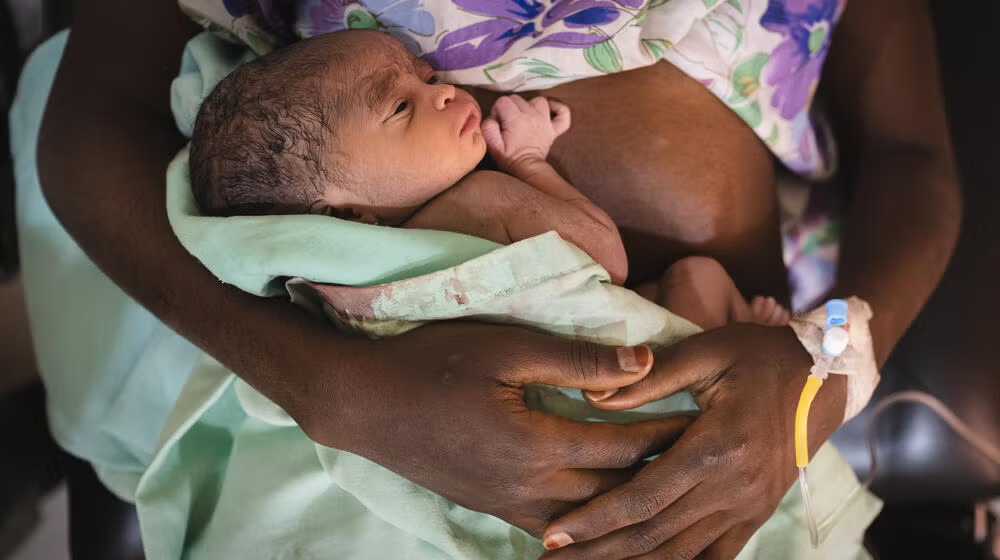A one-month-old baby girl has died in The Gambia from severe injuries linked to female genital mutilation (FGM), reigniting urgent concerns over the persistence of the practice despite it being criminalised nearly a decade ago.
The infant, from Wellingara, about 17km from the capital Banjul, was rushed to Bundung Maternal and Child Health Hospital in early August after suffering heavy bleeding from FGM-related wounds. Doctors were unable to save her life. Authorities confirmed the cause of death as complications from the banned ritual.
Police have since arrested three women, including the cutter and the baby’s mother. While the mother has been released on bail, she could still face fines under The Gambia’s 2015 anti-FGM law. The woman who performed the cutting faces life imprisonment if found guilty.
Despite the legal ban, FGM remains widespread in The Gambia, with UNICEF reporting that at least 75% of Gambian women have undergone the practice. Globally, more than 144 million women and girls live with the consequences of FGM, which can lead to infections, infertility, chronic pain, PTSD, and even death.
Activists say the ban has pushed the practice underground, with many families cutting girls at younger ages to avoid detection. Some infants are subjected to the ritual just days after birth. Fatou Baldeh, founder of Women in Liberation and Leadership (WILL), says her organisation has received a growing number of reports in recent years of babies as young as a week old being cut. “This baby was robbed of her life before she even had a chance to live,” she said, stressing that FGM is never safe at any age.
The practice is deeply entrenched in Gambian society, where misconceptions tie it to religion and cultural preservation. In 2015, The Gambia outlawed FGM, with penalties of three years in prison or fines, and life sentences in cases leading to death. But the law remains contested. Earlier this year, a Gambian lawmaker attempted to repeal the ban, arguing it infringes on cultural and religious rights. The proposal drew outrage from rights groups, though it gained support from the country’s top Islamic body, which described FGM as “one of the virtues of Islam.” Parliament ultimately voted to keep the ban, but pro-FGM advocates have since challenged the decision in the Supreme Court, where a ruling is still pending.
Survivors say the trauma is lifelong. Naffie, a 35-year-old mother who was cut at four, described excruciating childbirths and chronic vaginal pain. Another mother, Sarjo Tamba, vowed to protect her daughter, but discovered upon returning from a trip that her partner’s mother had subjected the five-year-old to FGM without her consent. “I was heartbroken. When I reported it, police said it was a family matter,” she said.
For many Gambian women, this lack of enforcement leaves them in constant fear of relatives taking matters into their own hands. Extended family structures often mean that grandparents or aunts feel entitled to make decisions about children, even when mothers object.
The tragic death of the newborn has highlighted the deadly consequences of silence and inaction. Campaigners warn that unless laws are fully enforced, awareness spreads, and communities reject the practice, more young lives will be lost.














Leave a comment